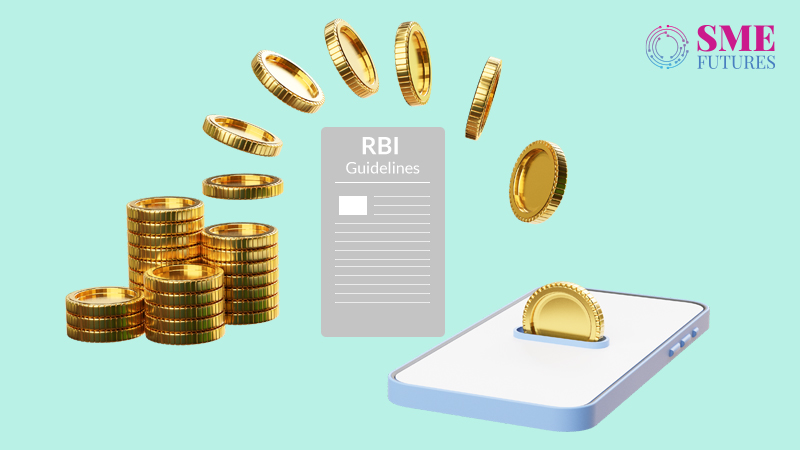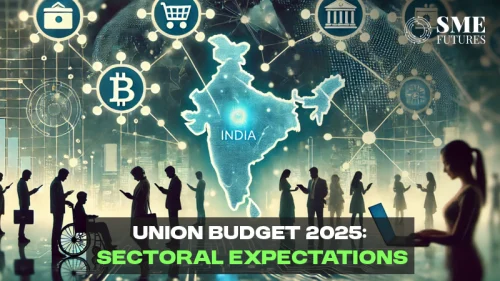The Reserve Bank of India (RBI) on Wednesday released the first set of norms to regulate digital lending to crack down on the growing number of online frauds and unlawful activities.
As per the new norms, all loan disbursals and repayments must be executed only between the bank accounts of the borrower and the regulated entity without any pass-through or pool account of the lending service provider (LSP) or any third party.
RBI’s regulatory framework is focused on the digital lending ecosystem of RBI’s Regulated Entities (REs) and the Lending Service Providers (LSPs) engaged by them to extend various permissible credit facilitation services.
As regards entities authorised to carry out a lending as per other statutory/regulatory provisions but not regulated by RBI the respective regulator/ controlling authority may consider formulating or enacting appropriate rules/regulations on digital lending based on the recommendations of WGDL.
For the entities lending outside the purview of any statutory/ regulatory provisions, the WGDL has suggested specific legislative and institutional interventions for consideration by the Central Government to curb the illegitimate lending activity being carried out by such entities.
RBI is statutorily mandated to operate the credit system of the country to its advantage. In this endeavour, RBI has encouraged innovation in the financial system, products and credit delivery methods while ensuring their orderly growth, preserving financing stability and ensuring the protection of depositors’ and customers’ interests.
Recently, innovative methods of designing and delivery of credit products and their servicing through the Digital Lending route have acquired prominence. However, certain concerns have also emerged that, if not mitigated, may erode the confidence of members of the public in the digital lending ecosystem.
The concerns primarily relate to the unbridled engagement of third parties, selling, breach of data privacy, unfair business conduct, charging of exorbitant interest rates, and unethical recovery practices. Against this background, RBI constituted a Working Group on ‘digital lending including lending through online platforms and mobile apps’ (WGDL) on January 13, 2021.
The report submitted by the WGDL was placed on the RBI website, inviting comments of stakeholders and members of the public. Considering the inputs received from a diverse set of stakeholders, a regulatory framework to support orderly growth of credit delivery through digital lending methods while mitigating the regulatory concerns has been firmed up.
Also Read: Millennials and money: Is ease of lending and borrowing leading you towards financial debt traps?
Reacting to the release of new guidelines, Madhusudan Ekambaram, Co-Founder & CEO at KreditBee, said, “Legitimate players, like us, have already been adhering to these guidelines and would continue to refine the operations further to strengthen our existing transparent and fair practices and customer trust in the digital lending ecosystem to ensure a healthy and sustained growth of the sector.”
This regulatory framework is based on the principle that lending business can be carried out only by entities that are either regulated by the Reserve Bank or entities permitted to do so under any other law.











